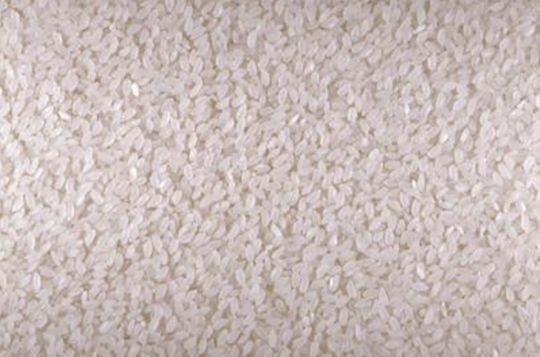Last Updated: May 21, 2012 | By Sharon Perkins
http://www.livestrong.com/article/557273-the-health-benefits-of-amazake/
 Like sake, amazaka is made from rice, but it isn’t alcoholic.
Like sake, amazaka is made from rice, but it isn’t alcoholic.
Photo Credit Jupiterimages/Photos.com/Getty Images
Combining rice and the aspergillus oryzae fungus produces several traditional Japanese products, including the alcoholic drink sake. Amazake, a nonalcoholic Japanese drink made from this pairing, is another Japanese dietary staple. Amazake is used to make puddings, pie fillings and other sweets as well as the drink. Commercially made amazaki tends to have a sweeter flavor than the homemade version, since it often contains added sugar. The health benefits depend on the type of rice used and the sugars added.
Digestion
Amazake is produced by combining cooked rice with koji, a fermented product made by mixing rice with aspergillus oryzae and incubating at a warm temperature for several hours. Fermented foods like amazake might benefit your stomach if you don’t digest food well. The enzymes in amazake help break down fats, complex carbohydrates and proteins for your body to use.
Effect on Toxins
Rice fermented with aspergillus oryzae might help your body eliminate toxins such as polyvinyl chloride, according to a Japanese study published in the October 2004 “Chemosphere.” The study compared blood levels of PVCs and other toxins in Japanese women who consumed the mixture with those who did not over a two-year period. Women who consumed the mixture eliminated more of the toxins than those who did not. This was a very small study of just nine women, but it did show a possible benefit of the mixture.
Amazake produced from brown rice supplies more vitamins and minerals than amazake made from white rice. Brown rice retains the bran and germ of the rice, which contains B-complex vitamins niacin and thiamine, vitamin E and fiber. Brown rice also serves as a good source of iron, zinc, potassium, calcium, manganese and magnesium.
Sugar Variations
The amazake you buy in the store varies considerably from the version made at home. Commercial versions often substitute laboratory-produced enzymes for koji. While these enzymes, like koji, cause fermentation, manufacturers often choose specific enzymes designed to produce a sweeter product. If you’re trying to restrict your carbohydrate intake, commercially produced amazake might contain too much sugar. With homemade amazake, you can control the sweetness by adjusting the amount of koji added; the more koji, the sweeter the taste. Amazake contains about 50 percent simple sugars and 50 percent complex carbohydrates, so it provides quick but long-lasting energy, author John Belleme explains in “Japanese Foods That Heal.”
LIVESTRONG.COM:The Health Benefits of Amazake
http://www.livestrong.com/article/557273-the-health-benefits-of-amazake/
